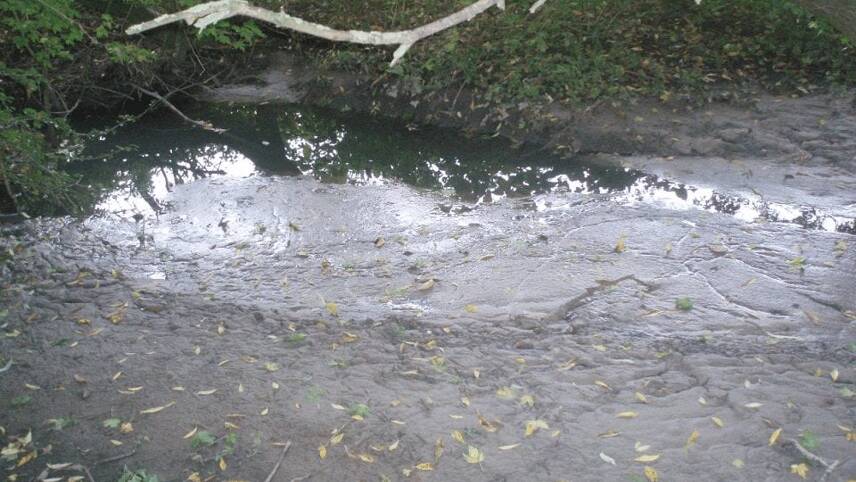Member only content free until 27/05/2024
To continue reading this article and enjoying free access to all Utility Week’s content up to the 27/05/2024 Register today!
Ready to become a member?

The Department for Environment, Food and Rural Affairs (Defra) has failed to engage with unions over Environment Agency (EA) staff concerns, despite repeated attempts to discuss pay and conditions with the secretary of state, Unison has said.
The trade union representing thousands of EA workers, who took part in a national walk out on Wednesday (18 January), said it had written to the secretary of state about broad concerns at the EA, not just pay, but had no response.
Donna Rowe-Merriman, Unison’s national secretary for business, community and environment told Utility Week: “This refusal to engage or even acknowledge the concerns is a deafening silence and our members pick up on that. Our dispute has been live since early December and not one attempt has been made by Defra to engage in that time.”
She explained Unison, and other unions with members in the EA, have positive relationships with the executive team at the watchdog and said she believes the pay increases offered were as generous as the agency was able to make.
“Unfortunately the pot just isn’t big enough,” Rowe-Merriman said of the public body that has repeatedly seen its budgets slashed.
Staff were offered a 2% pay increase, which was the first in two years, but the union raised concerns that this was far below the rate of inflation meaning workers effectively had a pay cut.
EA chief executive James Bevan wrote to George Eustice, then the environment secretary, last summer to say the pay deal for staff was “unjust, unwise and unfair” amid the cost of living crisis. The outgoing chief executive warned that budgetary cutbacks will damage the environment and limit regulatory work the EA can carry out. In the 2021 report Regulating for people, the environment and growth, Bevan said: “Long term success in enhancing nature will require more investment. Ultimately we will get the environment we are prepared to pay for.”
Unison noted that long serving staff are leaving the agency to take roles where their skills are valued and these positions are not being refilled, leaving a staffing shortage and skills gaps.
“The agency, but also the country, can’t afford to see staff leave the EA,” Rowe-Merriman said. “We need to make sure there are skilled staff at the time of climate crisis.”
Following the EA staff’s first strike in a decade, union members will vote about escalating action with another strike.
Unison is asking government for an improved pay offer for EA staff from the 2% increase and to address problems of staff recruitment and retention that means workers are overstretched and unable to properly carry out work.
A Defra spokesperson said: “The Environment Agency are meeting regularly with unions to have open and honest conversations about pay, conditions and reform. Defra representatives are involved in these meetings and ministers are being updated.”
More than 2,800 EA staff were balloted as members of Unison to take part in action, but the union said with many employees working from home it was impossible to accurately assess how many took part in the strike yesterday.
Other unions with members at the EA are planning similar action.




Please login or Register to leave a comment.